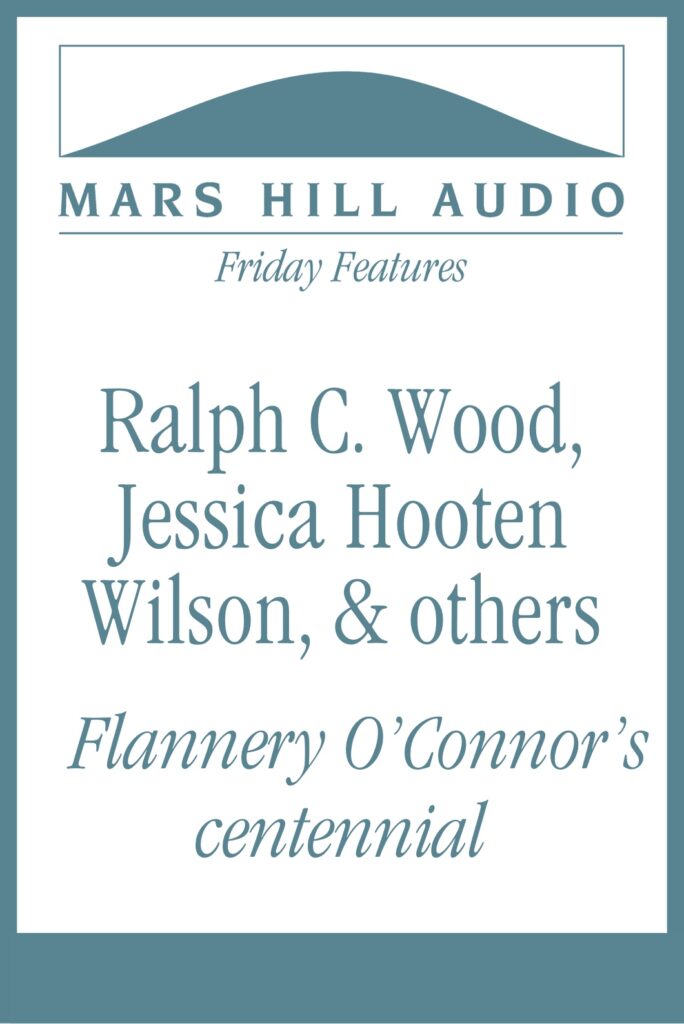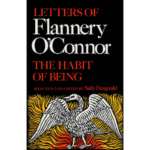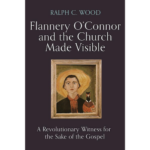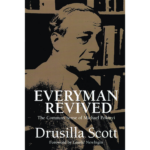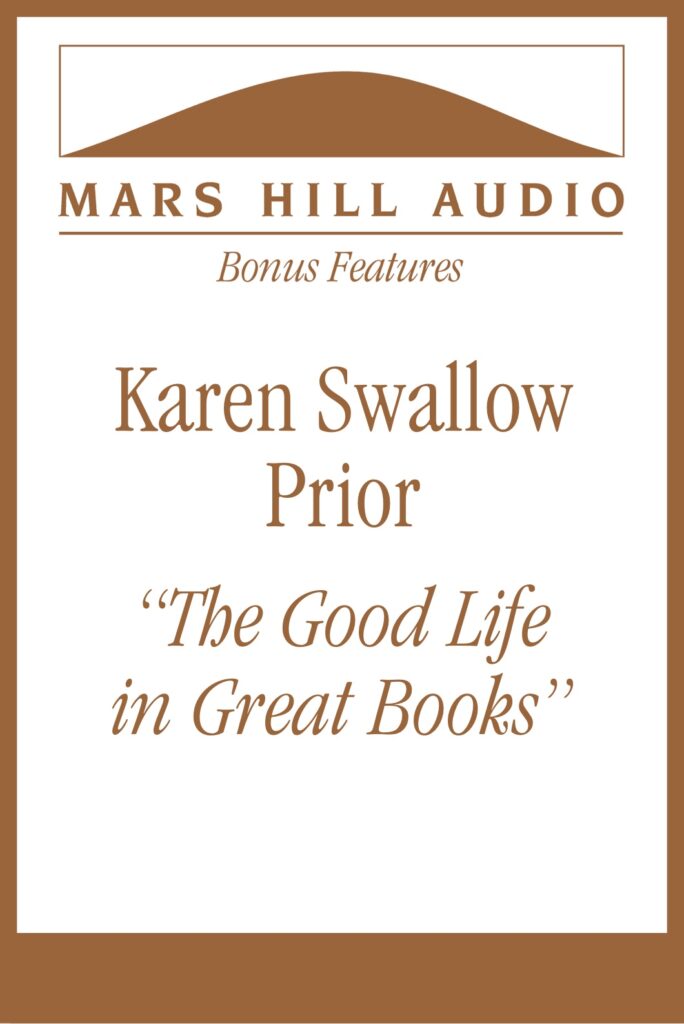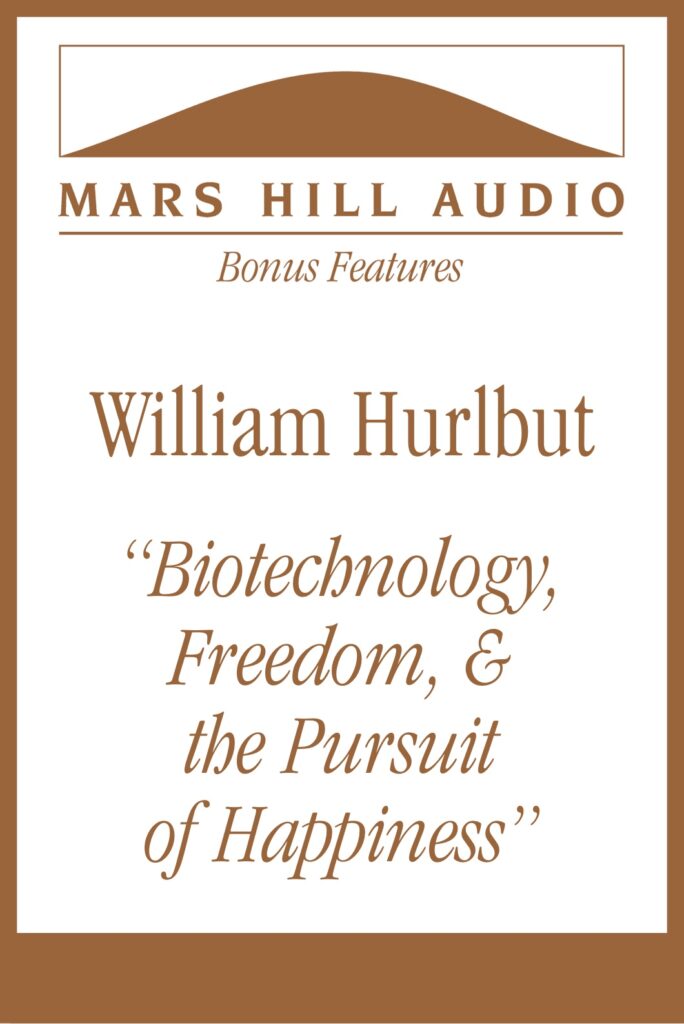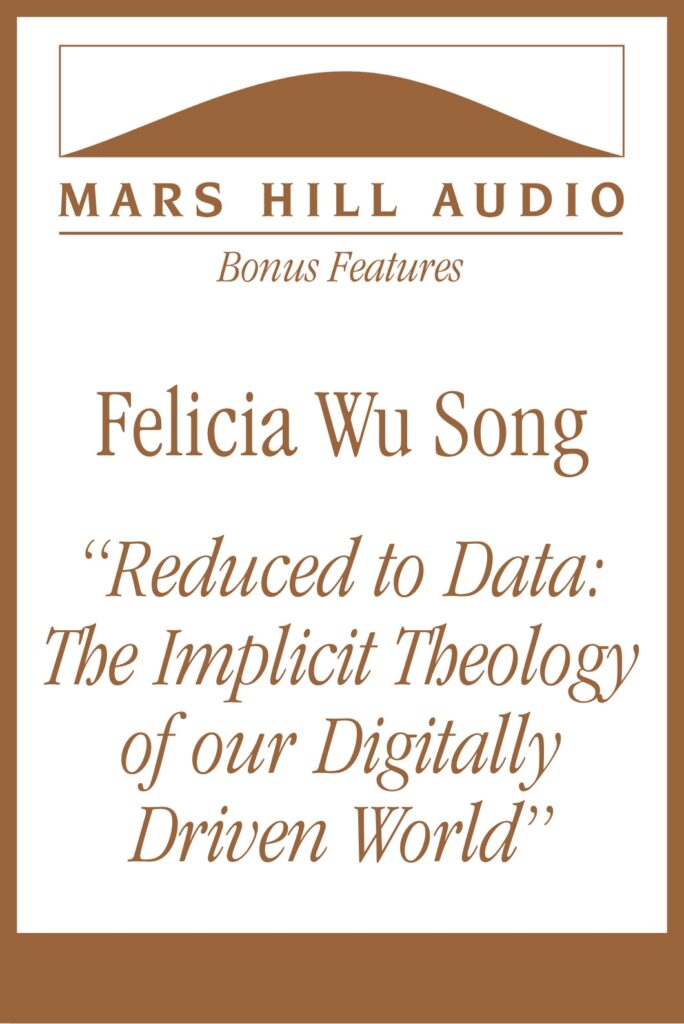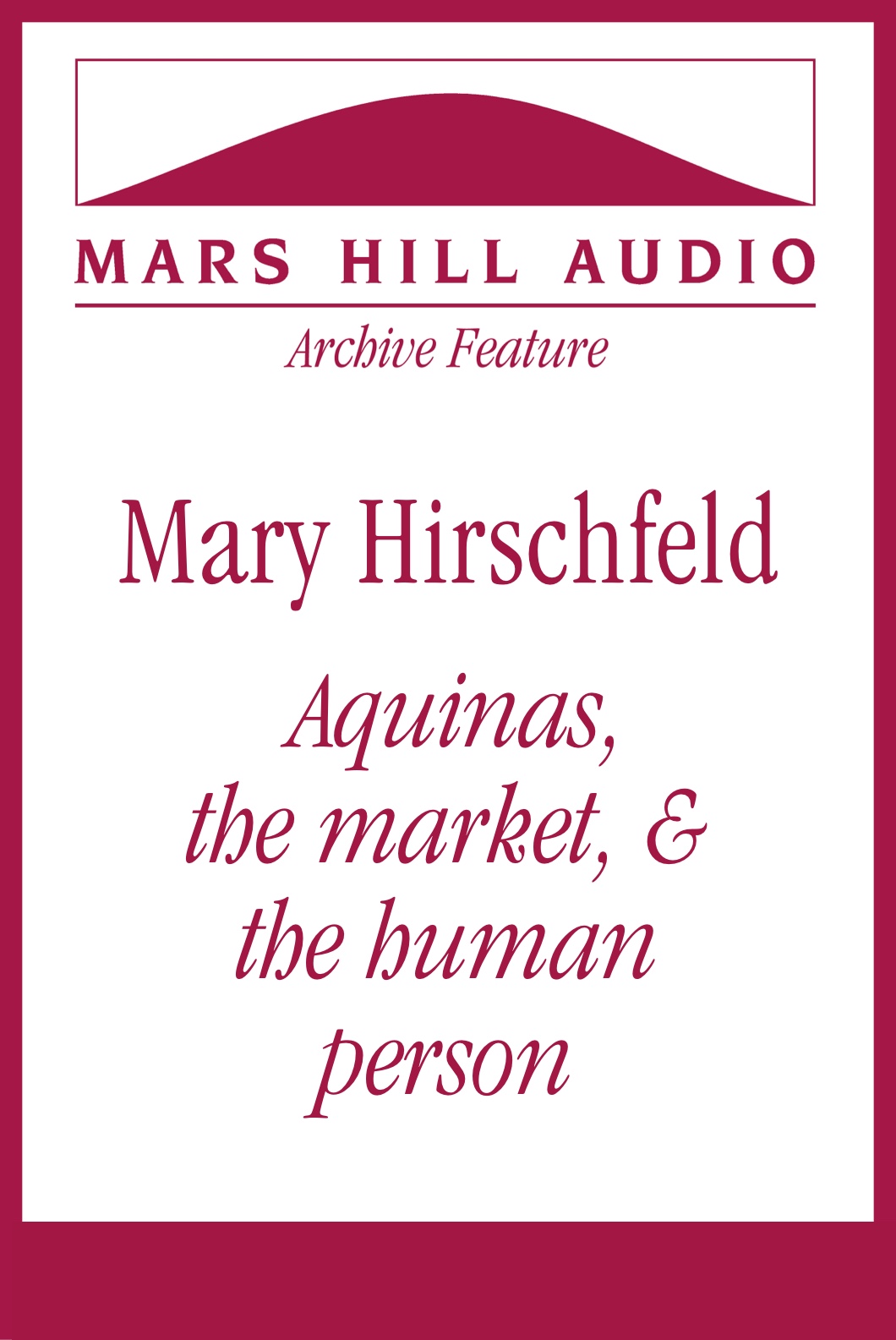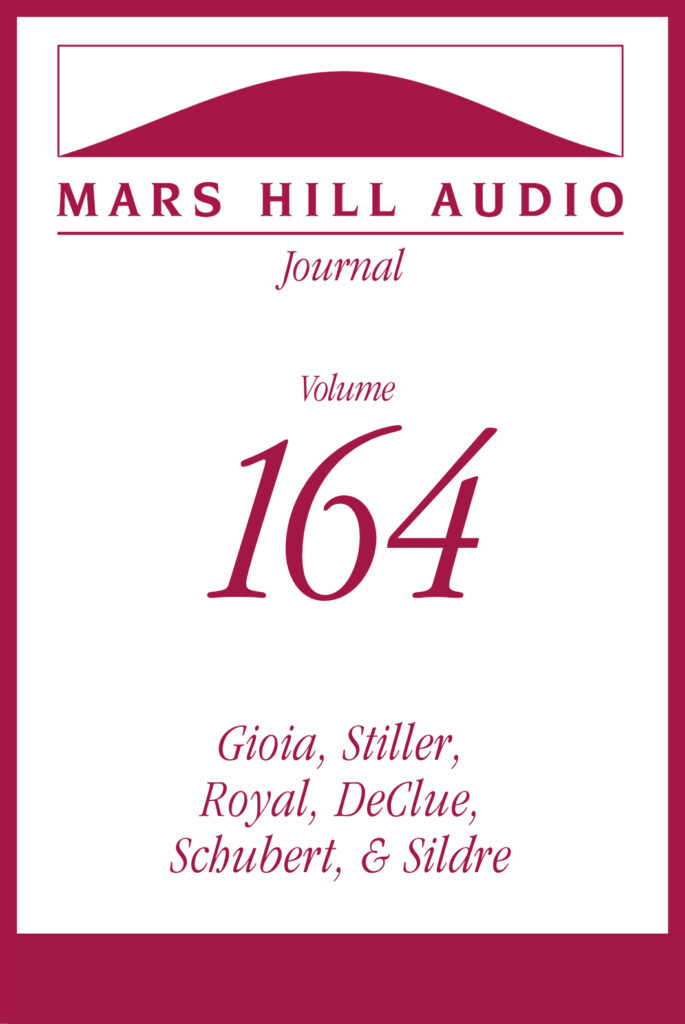The current Friday Feature
duration 3:28:09
If you’re a member, you can select this (or any other) Friday Feature, and download it to our app for later listening. Here’s the listing of Features.
Latest wisdom from Sound Thinking
- Learning from experienceFlannery O’Connor on belief and experience
- Hillbilly AugustinianRalph Wood on Flannery O’Connor’s refusal to adapt her fiction to the national temper
- The grotesque and the transcendentChristina Bieber Lake on why Flannery O’Connor’s readers have to work
- Excluding cranks and dabblersDrusilla Scott on Michael Polanyi’s insistence that the “community of science” required authority
- How discovery happensEsther Lightcap Meek on Michael Polanyi’s account of scientific discovery
“I’m not a member yet. Convince me that it’s worth it.”
- AUDITION some of the features on our Listen for free page (over 15 hours of listening).
- READ our mission statement and some testimonials.
- BROWSE the various sections of our catalog to see how much you’re missing.
- SCROLL down on the Meet our Guests page to see if you recognize anyone.
- SIGN UP here.
Recent Bonus Features
Meet one of our Partners

Communio was founded in 1972 by Hans Urs von Balthasar, Henri de Lubac, and Joseph Ratzinger. It stands for the renewal of theology in continuity with the living Christian tradition, the continuing dialogue of all believers, past and present, “as if all were simultaneously in the circle.” Now published in collaboration with twelve other editions in Europe, Latin America, and Africa, Communio is truly “catholic” and international in scope. It is published quarterly and regularly carries articles on philosophy, the arts, and the relationship between Catholicism and American culture. Emphasis is placed on exploring the meaning of John Paul II’s call for a “new evangelization.” In every issue of Communio, an effort is made to reestablish the bond between prayer and theological reflection, the loosening of which lies at the heart of so many contemporary problems.
Communio draws upon the best theological writing in many languages, but it is broader than a theological journal; it strives to let the “symphony” of Catholic truth resound in its pages—not only for specialists, but also for any person concerned with uniting faith and culture.
On this page, you can browse a listing of essays that Communio has made available as Features for Mars Hill Audio members.
A recent Archive Feature
Economist and theologian Mary Hirschfeld compares how modern economists think about the human person compared to St. Thomas Aquinas’s understanding of personhood with regards to property and material wealth. While it may be unintentional, Hirschfeld argues that modern economics makes some fundamental assumptions about personhood, material goods, and God that prevent the discipline from developing a truly human understanding of economic life. To correct this error takes some honest rethinking of the discipline (with many clarifications along the way). Hirschfeld is the author of Aquinas and the Market: Toward a Human Economy (Harvard University Press, 2018).
The 18 most recent Conversations and Features we’ve released are described here.
If you’re not yet a member, you can get a free Visitor’s Pass and listen to hours of free audio. Details are here.
Our most recent Journal
Guests on Volume 164
- DANA GIOIA, curator of Sentences of Seneca, on Seneca’s practical wisdom
- BRADY STILLER, author of Your Life Is a Story: G. K. Chesterton and the Paradox of Freedom, on the grand cosmic story
- ROBERT ROYAL discusses Romano Guardini’s The World and the Person and Other Writings
- RICHARD DECLUE, author of The Mind of Benedict XVI: A Theology of Communion, on the former pope’s priority on relationality
- TIFFANY SCHUBERT, author of Jane Austen’s Romantic Medievalism: Courtly Love and Happy Endings, on 18th-century cultural superiority
- JOONAS SILDRE, author of Between Two Sounds: Arvo Pärt’s Journey to His Musical Language, on illustrating Pärt’s music
